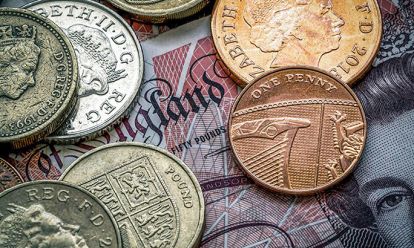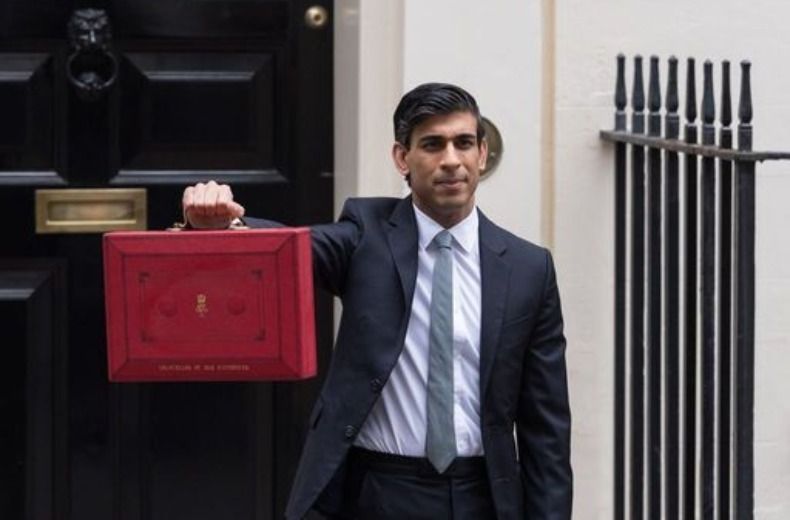As part of his plan to do “whatever it takes” to help people and businesses recover from the effects of the pandemic, Rishi Sunak delivered news of the freeze in his March Budget speech to the House of Commons on Wednesday.
It means fuel duty will remain frozen at 57.95p a litre for 2021-22. Mr Sunak later tweeted that “as a result of these eleven years of freezes, the average car driver will have saved a cumulative £1,600”.
RAC head of policy Nicholas Lyes said: “Drivers will breathe a sigh of relief that the Chancellor has decided not to ‘rock the fuel duty boat’.
“We feared this would only pile further misery on drivers at a time when pump prices are on the rise and many household incomes are being squeezed as a result of the pandemic.
“Many drivers see their cars as a safe way to carry out essential journeys and believe having access to a vehicle is even more important as a result of the pandemic. If the Chancellor had raised fuel duty, he could have risked choking any economic recovery as it would have led to increased costs for consumers and businesses.”

Breakdown cover from £5.29 a month for Standard cover*
• Cheaper than AA Price Promise or we’ll beat it by 20%^
• We get to most breakdowns in 60 mins or less
• Our patrols fix 4/5 breakdowns on the spot

Motorists were subject to a fourth consecutive month of fuel price rises in February, with a full tank costing on average almost £5 more than it did at the start of November 2020, data from RAC Fuel Watch shows.
The data shows the average price of fuel rose by 3p per litre across the month, making a tank of unleaded £1.70 more expensive than it was at the beginning of February. The average cost of a litre of petrol is currently 123.38p, while diesel is 126.47p.
In making his announcement, the Chancellor said: “Right now, to keep the cost of living low, I’m not prepared to increase the cost of tank fuel. So the planned increase in fuel duty is also cancelled.”
- How to save money as a driver – 30 quick money-saving tips
- Car dependency and the pandemic
- Coronavirus (COVID-19): Answering drivers’ questions
- Slashed fuel duty income for the Treasury ‘could lead to more UK toll roads’
Despite the cancellation of a fuel duty increase, some car industry leaders have questioned what the rest of the 2021 Budget means for the automotive sector.
Mike Hawes, chief executive of the SMMT, said: “Today’s [Wednesday] budget provides some encouragement to an automotive sector hit hard by the pandemic and additional trading costs, but it falls short of the support needed to transform the industry and market to the net zero future to which both the government and industry aspires.”
Stuart James, chief executive of the Independent Garage Association, said: “There are hard times ahead for independent garages. A significant decline in MOT work is expected from April to June, where motorists took advantage of the MOT extension last year”.
Sue Robinson, chief executive of the National Franchised Dealers Association, said, however, that following its requests for a business rates holiday extension, “today’s announcement is positive, as it will continue to support retailers while the economy reopens, and we come out the pandemic”.
Get 30 driving tips that will save you money
Running a car isn’t cheap, but there are some easy things you can do to keep your costs down. Get these tips and more useful driving articles sent straight to your inbox now.













